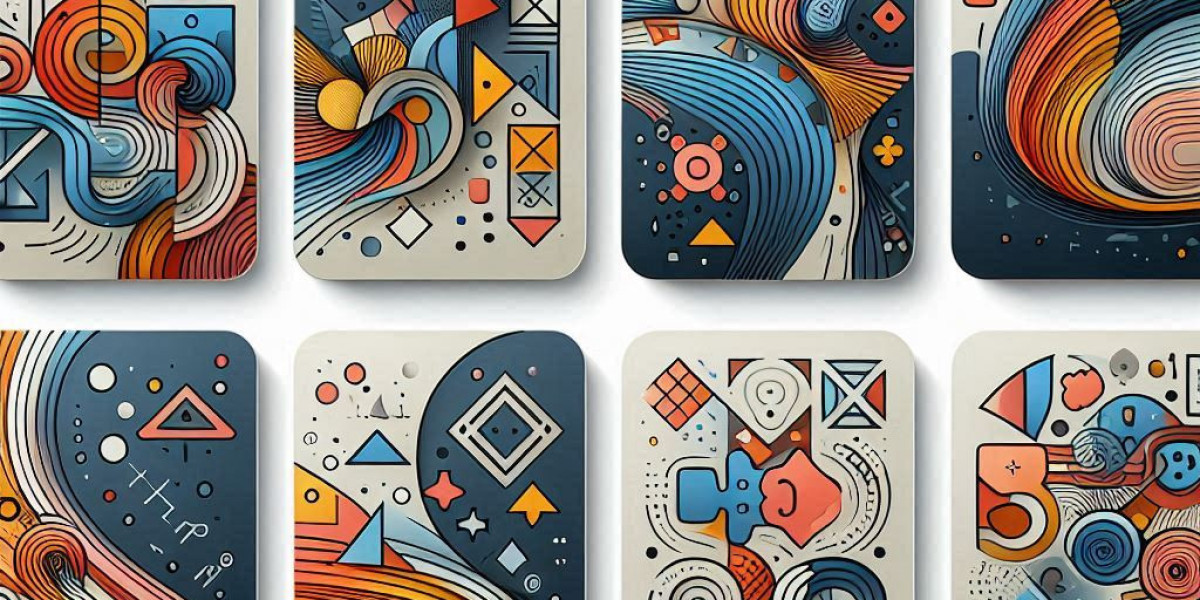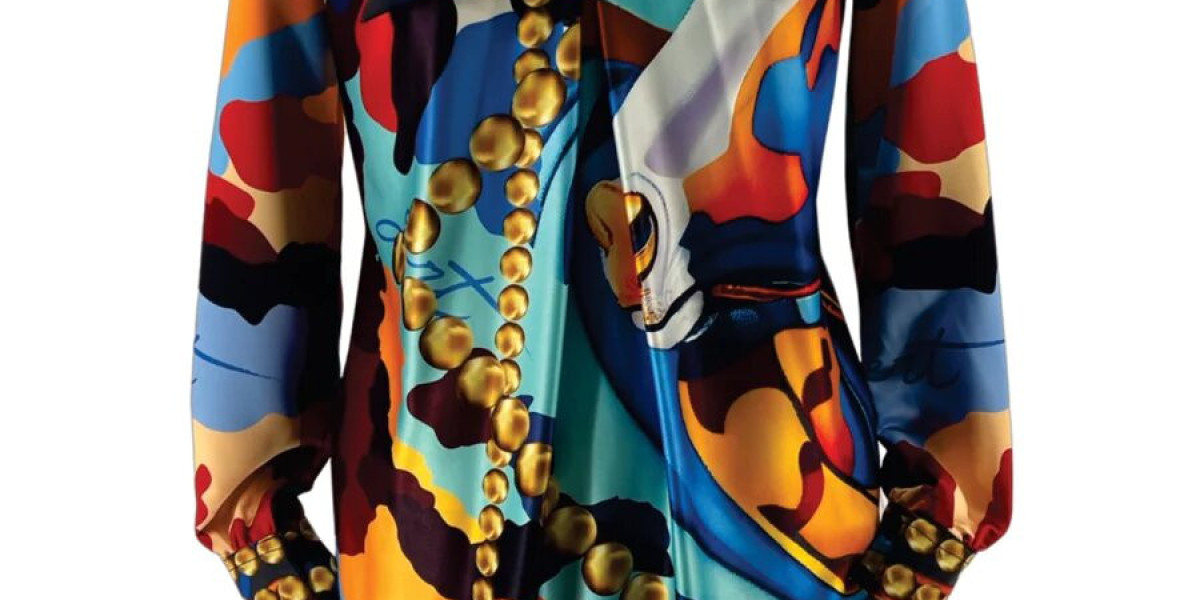Metaphorical Associative Cards (MACs) are more than just pretty pictures. This intriguing tool in psychology utilizes evocative imagery to unlock the depths of the unconscious mind.
A World of Images, a Universe of Meanings
Imagine a deck of cards, each one depicting a scene, a person, an object, or even an abstract design. These are MACs, designed to be multi-layered and open to interpretation. The beauty lies in their ability to spark unique associations – a bridge between the image and our inner world.
The Power of Association
The word "associative" is key. When presented with a MAC, we don't simply see an image; we connect it to our own personal experiences, memories, and values. This connection unlocks a wealth of information, revealing our:
- Values: What truly matters to us? A card depicting a helping hand might evoke feelings of compassion and a desire to support others.
- Fears: A shadowed figure could trigger anxieties about loneliness or isolation.
- Desires: A picture of a mountain peak might symbolize a yearning for achievement.
The Unconscious Revealed
The true power of MACs lies in their ability to bypass conscious defenses and tap into the unconscious. Consider this:
- Client A: Sees a person peering into a hole, interpreting it as a search for answers.
- Client B: Sees the same person as hiding from problems, wanting to escape.
These contrasting interpretations highlight the unconscious at play. The cards act as a mirror, reflecting our internal narratives, often without us even realizing it.
Freud vs. Jung: Unveiling the Unconscious Mind
To delve deeper, let's explore the concept of the unconscious:
- Sigmund Freud: Viewed the unconscious as a reservoir of repressed thoughts, desires, and experiences. These hidden elements can influence our behavior and emotions.
- Carl Jung: Broadened the concept, introducing the "collective unconscious" – a shared wellspring of universal symbols and archetypes inherited from humanity's past.
MACs: A Bridge to Transformation
So, are MACs simply drawings, or a doorway to the unconscious? Here's why they lean towards the latter:
- Unlocking Personal Narratives: A client may resist talking about themselves directly, but readily share stories about the "characters" in a MAC image. This indirect approach can reveal personal experiences and thought patterns.
- Reshaping Perceptions: Through exercises like creating a story with MACs, clients can gain new perspectives on their experiences and limiting beliefs.
Beyond Therapy: A Tool for Everyday Life
The power of metaphorical association extends beyond clinical settings. Consider the example of using tarot cards (similar to MACs) for decision-making. While not a definitive answer, the cards can spark self-reflection and guide us towards choices that resonate with our intuition.
The Unconscious Whispers: Learning to Listen
MACs offer a unique opportunity to connect with the wisdom residing within us. By accessing the unconscious, we gain valuable insights into our motivations, fears, and desires. This self-awareness empowers us to make choices that align with our deepest selves.
Limitations and Qualifications
It's important to acknowledge that MACs, while powerful, have limitations. Their effectiveness relies heavily on the facilitator's skill and training in psychotherapy or related fields. A qualified professional can guide clients in interpreting the cards and utilizing the insights for personal growth.
The Final Word
Metaphorical Associative Cards are more than just a deck of cards; they are a gateway to the unconscious mind. By embracing their potential, we embark on a journey of self-discovery, unearthing the wisdom that resides within.
Exploring the Unconscious Further
If you find yourself intrigued by the concept of the unconscious and its influence on your thoughts and behaviors, consider seeking professional guidance. A licensed psychologist, therapist, or counselor can provide a safe and supportive space to delve deeper into your inner world and explore how the unconscious may be impacting your life.















